
Embrace the Looming Shadow of Atlas Obscura’s Ecliptic Festival
Learning more about the upcoming April astronomical extravaganza with organizer Megan Roberts.
For about four minutes this April—depending on where you are—the sky will go dark in the middle of the day. The air will cool swiftly. Birds will stop singing. Across a long, thin stretch of North America, the Moon will pass between Earth and the Sun. It will be the last total solar eclipse over the continental United States in a generation, and Atlas Obscura will be there. Outside of Hot Springs National Park in Arkansas, we’re going all out with a four-day festival of music, discussion, and celebration of all things celestial and wondrous. It’s the Ecliptic Festival, and we hope you’ll join us!
This is actually Atlas Obscura’s second eclipse event—following Oregon in 2017, when a collection of eclipse aficionados and first-timers danced to Sun Ra Arkestra’s afrofuturistic music and learned about astronomy from leaders in the field. Both events are curated by Megan Roberts, Atlas Obscura’s VP of Experiential. This year, she and her team have gone even bigger and better with a lineup of musicians, astronomers, historians, and futurists, to frame totality with entertainment and enlightenment. We spoke to Megan about the creative process behind the festival, the unique location of Hot Springs, and how life-changing a total eclipse can be.
You planned Atlas Obscura’s 2017 eclipse festival in Oregon—was that your first total solar eclipse?
Yes, it was the first time that I witnessed a total solar eclipse, and it was a life-changing experience. It’s hard to really understand what a grandiose experience it is until you’ve actually participated in one—a partial eclipse really just doesn’t compare. What I didn’t anticipate was this almost primal reaction to the Sun disappearing and darkness spreading in the middle of the day. There’s this feeling of dread, but with that comes a totally cathartic release when the light and warmth returns. Total joy, and it’s really incredible to go through that with a group—it’s super-powerful and memorable.

Aside from totality, what were some of the highlights from that festival for you?
It was really magical! The 2017 Eclipse Festival was pretty intimate. It was just 500 people camping together in a remote part of Eastern Oregon’s Snake River Valley. In curating it, we kept our focus on celestial-inspired music and workshops, and mind-expanding presentations. And the site we were on had incredible dark skies, so there was amazing stargazing at night. B&H Photo partnered with us and brought in high-powered telescopes and hosted photography workshops.
Were you already thinking about the next one?
Definitely. The last festival officially turned me into an eclipse chaser.
Eclipse chasers? Were there many at the festival?
Oh, definitely. There are people that travel all over the world to experience every eclipse they can. But there were also a lot of people who had never seen a total eclipse before. They left feeling the same as I did: determined to have that experience again if possible.
What is it about total solar eclipses that so hooks people?
Humans have always looked up at the stars, which gives us the sense of being part of something greater. All of our celebrations were once tied to the stars and the seasons. So an eclipse brings us back to our roots, and pulls us out of our day-to-day routines. We get to share in a moment when it feels like everything is standing still.
And totality really is a sensory experience. You notice the way that nature responds. Birds go completely silent. The other wildlife is either stunned or restless. The temperature drops significantly. It all creates this very otherworldly feeling.

Now that you’ve seen one, what is your creative process for the 2024 festival?
One of my favorite parts of the first festival, which I wanted to make sure we created again this year, was that beautiful feeling of community. We brought together people from all over the country, and musicians and speakers from all walks of life. There was a shared curiosity and excitement that led to special conversations and interactions. Having a legendary psych musician in a deep conversation with an astrophysicist about parallel dimensions? Sign us up. This year I really wanted to bring together a ton of different people to share in this experience. It’s still on the intimate side for a festival, but with a much bigger lineup of offerings. Another key difference is the location. It’s really cool to be just outside a national park, and the Hot Springs region in Arkansas is really unique and historic.
Tell us about it!
For this eclipse, the path of totality goes from Mexico to Maine, but it’s narrow, and the closer you are to the center of it, the longer the totality lasts. So we’ll be directly in that path, in one of the best locations when it comes to predicted visibility. Because it’s happening in early April, we were really conscious of choosing a place that had the best likelihood of a clear sky. Any further north and I might be a little worried.
We’re holding it in this beautiful, expansive park with a wide open meadow for the main viewing area. It’s surrounded by forested trails right outside of Hot Springs National Park, which is just really wondrous. The city of Hot Springs was built on a geothermal area, in the quartz capital of the world, so it’s geologically unique. There are layers of unusual history, as a very early wellness destination and a forgotten vice capital. We’re also partnering with a really amazing nonprofit, Low Key Arts, that has been huge in growing the arts community in the region.

Sun Ra Arkestra will be back this year, and they have celestial and otherworldly nailed. How do you develop the programming to match the drama of the event?
We love Sun Ra Arkestra! It’s really fun to curate programming around a cosmic event. There’s so much art and music and philosophy directly inspired by the cosmos, so for me it’s just about leaning into the wonder factor.
I’m really excited about our lineup. This year we’re going to have some space-themed movie screenings. John Bucher, the director of the Joseph Campbell Foundation, is doing a whole presentation on mythology and folklore surrounding the eclipse in different cultures across time. L.D. Deutsch will be giving a presentation on the construct of time. And as far as music goes, between Blonde Redhead,Allah-Lahs, and Shannon and the Clams, it’s going to be amazing. And Quintron, a musician from New Orleans, is bringing in a weather-controlled synthesizer that responds to changes in light, temperature, and humidity. It’s going to be on display all weekend as a sort of passive installation, but he’s also going to perform with it—in a duet with the weather itself.
This is the last big American eclipse in a generation—does that create any pressure for you to make this festival memorable?
Of course there’s some amount of pressure with such a big moment. You can’t just do it again. But more than anything, I’m just excited to share it with everyone. We’ve got an amazing lineup and a beautiful venue, and when it comes down to it, the Sun is the star of the show. We’re just there to set the mood.
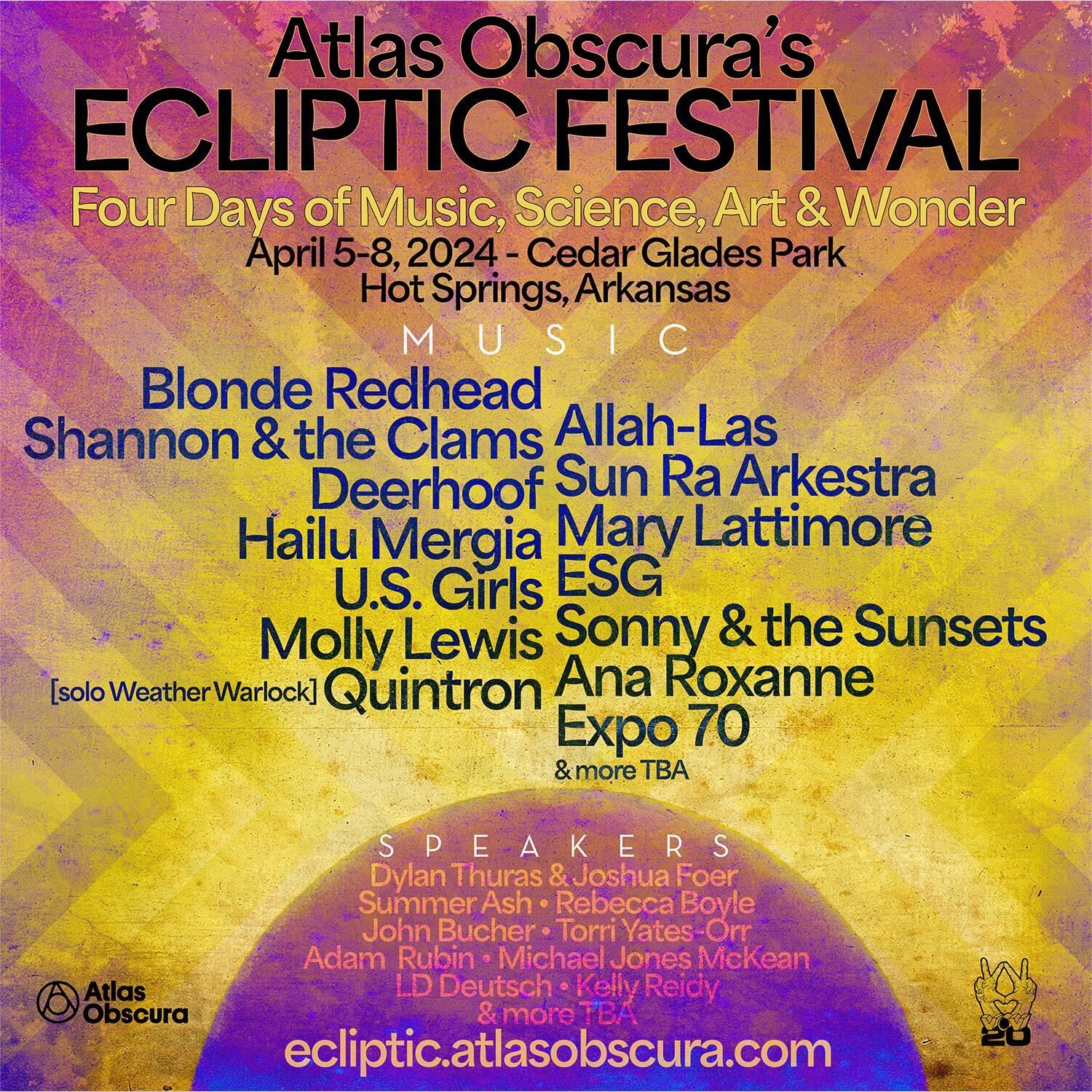

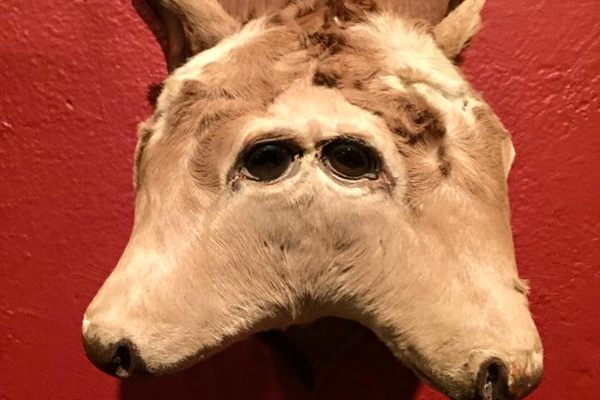

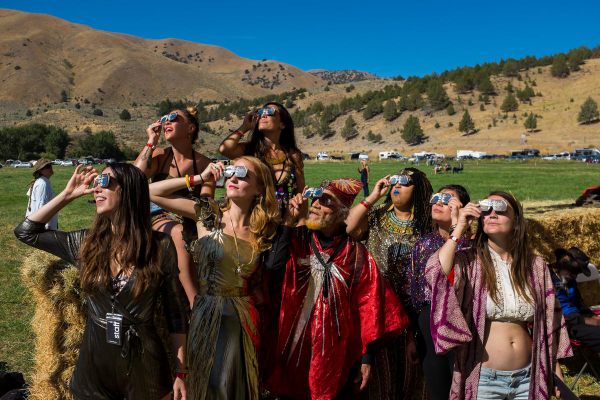

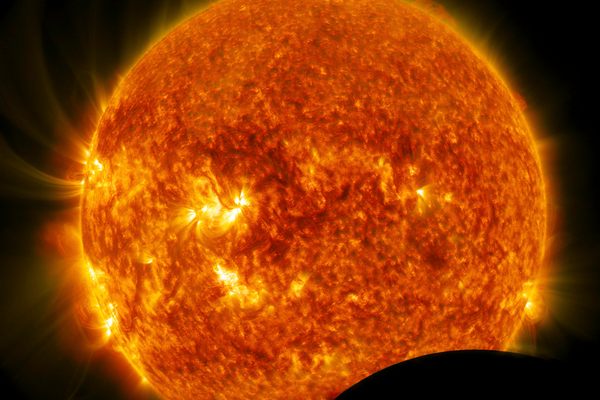


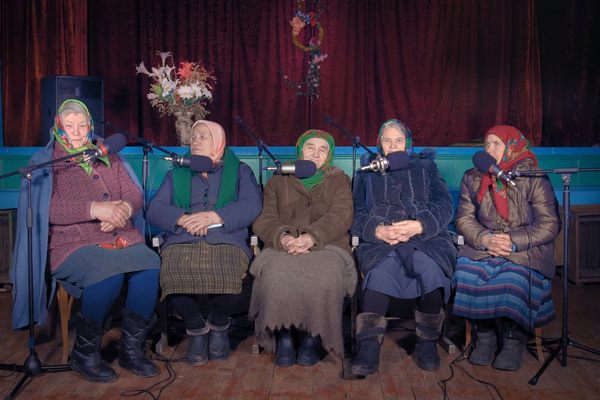
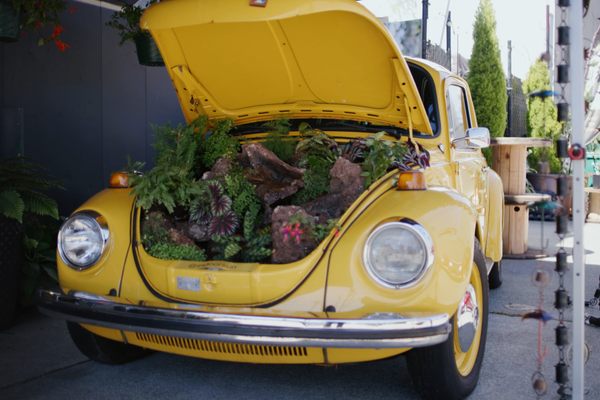

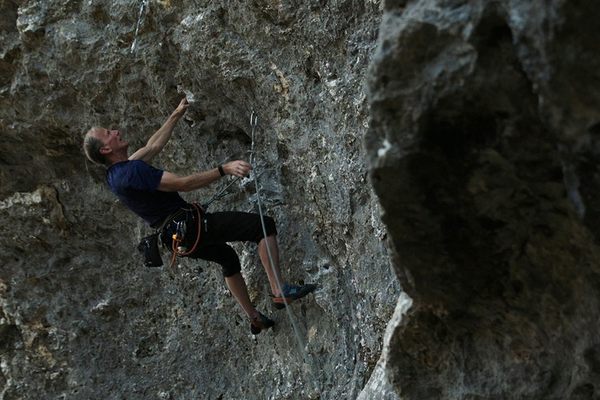










Follow us on Twitter to get the latest on the world's hidden wonders.
Like us on Facebook to get the latest on the world's hidden wonders.
Follow us on Twitter Like us on Facebook